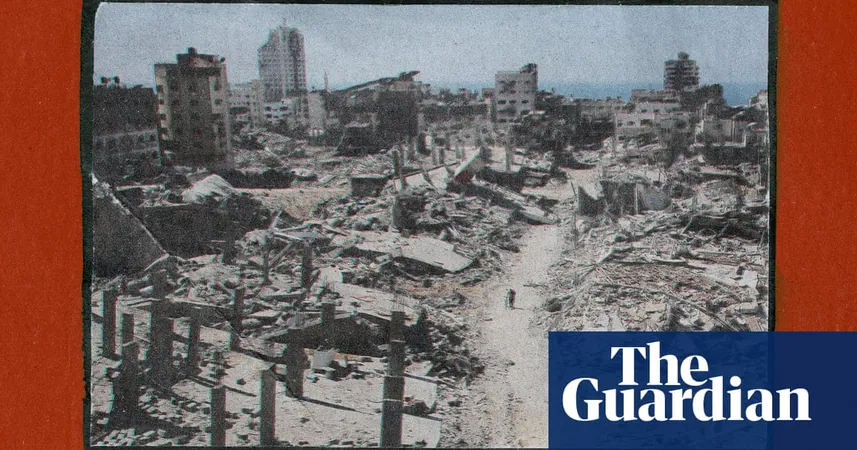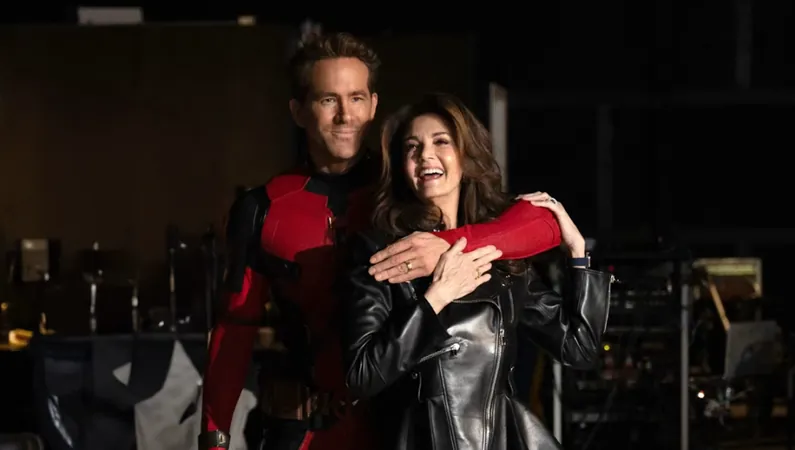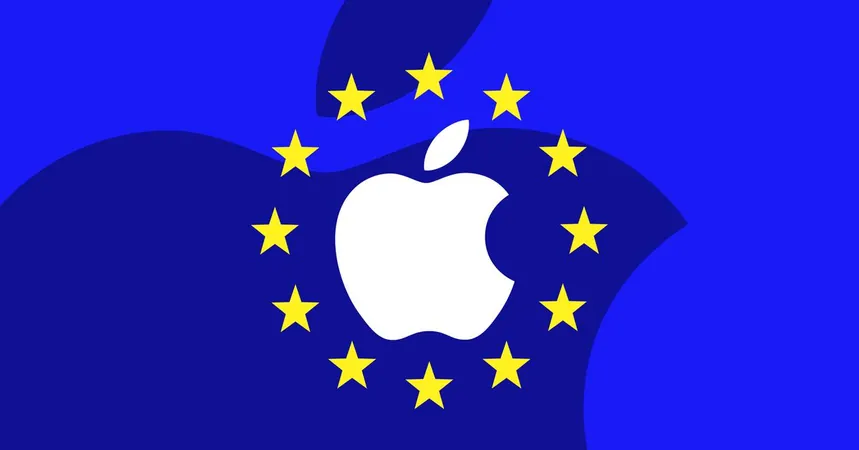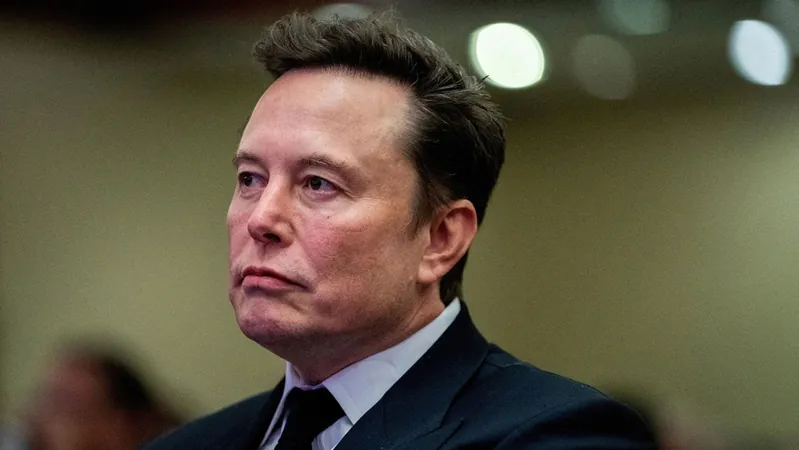
The Genocide Debate: Unraveling Academic Divisions Amidst the Gaza Crisis
2024-12-20
Author: Noah
The recent reports from Amnesty International and Human Rights Watch have ignited heated discussions regarding the situation in Gaza, where over 45,000 Palestinians have tragically lost their lives due to ongoing violence. These reports assert that Israel is committing genocidal acts, a claim that has deepened existing rifts within the realm of Holocaust and genocide studies.
At the core of this scholarly conflict is a fundamental question: Is the Holocaust a unique historical event, or can it be viewed through the lens of comparative analysis with other acts of mass violence? This rift was starkly evident at a recent conference in Prague, held shortly after the violent escalation that began on October 7, when Hamas attacked Israel, prompting severe military retaliation. The discourse turned contentious, with scholars sharply divided over Israel’s military actions, illustrating a divide that has evolved into a 'climate of fear,' where many are hesitant to voice their opinions for fear of backlash.
The academic community has seen a notable rise in calls to label Israel's actions as genocide, particularly following a January recommendation from the International Court of Justice suggesting a credible risk of genocidal activities. While the International Criminal Court has issued arrest warrants for Israeli officials for war crimes, it has refrained from charging them with genocide, showcasing the complexity of the situation.
Raz Segal, an American historian with roots in Israel, has been one of the few to boldly articulate the view that Israel's actions may represent a textbook case of genocide, stating that the current war has only intensified the longstanding theoretical divides in the field of genocide studies. Meanwhile, Norman Goda, a Holocaust studies professor, argues against this characterization, cautioning that using the term 'genocide' in this context might undermine its severity.
As this debate unfolds, the fear of how one’s views might be received is palpable. Scholars have reported receiving hate mail, being branded with derogatory labels, and feeling pressured to suppress their viewpoints. The tension runs deep, creating a schism not just in opinion but in personal relationships within academia.
This rift comes against a broader backdrop of heightened scrutiny on universities in the United States, where discourse surrounding Gaza has sparked debates about academic freedom. Advocates for free expression are concerned about the impact of social pressures on scholars, with some choosing silence in an environment increasingly charged with hostility and political bias.
The differences in interpretation between the two major human rights organizations regarding genocide hinge on the intent behind the actions, presenting a significant hurdle in the legal and scholarly discourse surrounding the issue. Legal scholars have debated whether genocidal intent must be explicitly stated or can be inferred from a pattern of actions, a question that continues to challenge academic consensus.
As calls for a re-evaluation of the genocide convention gain traction among several states, the implications of labeling Israel's actions remain profound. Many scholars are grappling with their responsibility, caught between the need to accurately describe atrocities and the moral obligation to prevent future violence. There are concerns that focusing exclusively on the classification of genocide may obscure the broader atrocities faced by Palestinians that also warrant attention.
In short, the Gaza conflict has revealed an academic landscape fraught with ideological divisions, fear, and a pressing moral imperative to confront the very real implications of mass violence. What scholars ultimately decide to name the situation may not only redefine their field but also influence the future of genocide prevention efforts globally.









 Brasil (PT)
Brasil (PT)
 Canada (EN)
Canada (EN)
 Chile (ES)
Chile (ES)
 España (ES)
España (ES)
 France (FR)
France (FR)
 Hong Kong (EN)
Hong Kong (EN)
 Italia (IT)
Italia (IT)
 日本 (JA)
日本 (JA)
 Magyarország (HU)
Magyarország (HU)
 Norge (NO)
Norge (NO)
 Polska (PL)
Polska (PL)
 Schweiz (DE)
Schweiz (DE)
 Singapore (EN)
Singapore (EN)
 Sverige (SV)
Sverige (SV)
 Suomi (FI)
Suomi (FI)
 Türkiye (TR)
Türkiye (TR)